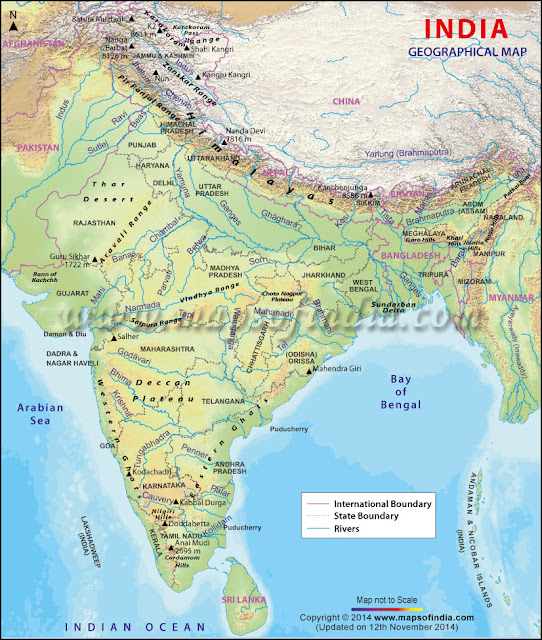Official Language in India
🔰Official Language in India🔰
🌼Part XVII of the Indian Constitution deals with the official language in Articles 343 to 351.
🌼Constitutional provisions dealing with official language are divided into four (04) heads:
1. Language of the Union (Article 343 to 344)
2. Regional languages (Article 345 to 347)
3. Language of the judiciary and texts of laws (Article 348 to 349)
4. Special directives (Article 350 to 351).
🌺Language of the Judiciary in India🌺
🌸Article 348(1) of the Constitution of India provides that all proceedings in the Supreme Court and in every High court shall be in English Language, until Parliament by law otherwise provides.
🌼However, under Article 348(2), the Governor of the State may, with the previous consent of the President, authorize the use of the Hindi language or any other language used for any official purpose of the State, in the proceedings of the High Court having its principal seat in that State provided that decrees, judgements or orders passed by such High Courts shall be in English.
🌼In other words, the Governor of a state, with the previous consent of the President, can authorise the use of Hindi or any other official language of the state, in the proceedings in the high court of the state, but not with respect to the judgements, decrees and orders passed by it.
🌼So, under this provision, the judgements, decrees and orders of the high court must continue to be in English only, until Parliament otherwise provides.
🌻However, Section 7 of the Official Languages Act, 1963, provides that the Governor of a state, with the previous consent of the President, can authorise the use of Hindi or any other official language of the state for judgements, decrees and orders passed by the high court of the state, but they should be accompanied by an English translation.
🌻This provision of optional use of Hindi in proceedings, along with English translation, has already been made in the high courts of four states of Rajasthan, Uttar Pradesh, Madhya Pradesh and Bihar.
⚜The Parliament of India has not made any provision for the use of Hindi in the Supreme Court. Hence, the Supreme Court hears the petition or appeal in English only. In 1971, a petitioner insisted on arguing in Hindi a habeas corpus petition in the Supreme Court. But, the Supreme Court cancelled his petition on the ground that the language of the Court was English and allowing Hindi would be unconstitutional.

Comments
Post a Comment